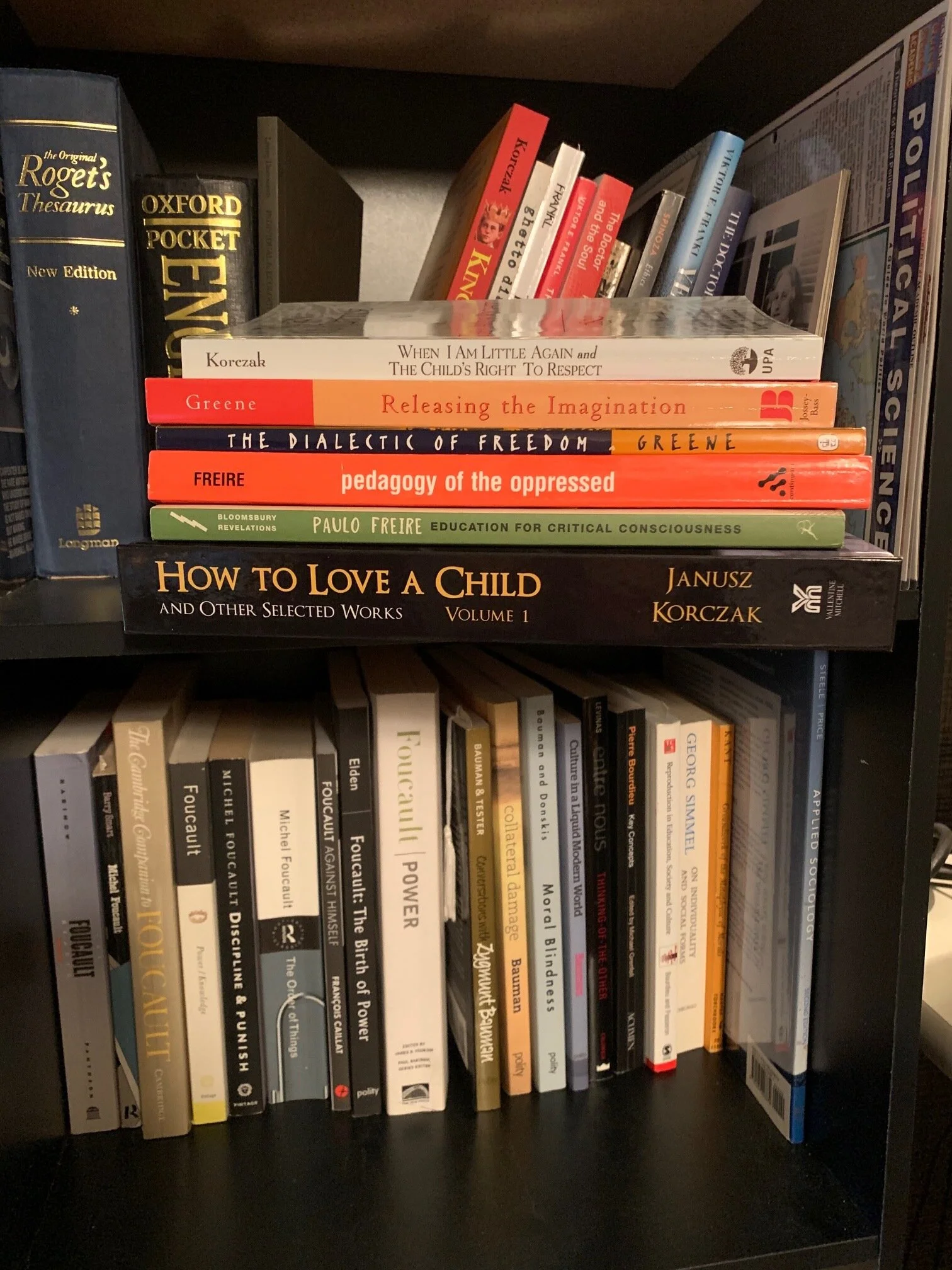Children begin by loving their parents;
As they grow older they judge them;
Sometimes they forgive them. Oscar Wilde
From the experience and stories of Charles Dickens, and out of Sociology’s exploration of civil society, we have awareness of how the children in our societies have experienced the ‘world’ into which they were born. A grave thought emerged out of a sociology perspective: it suggested that over history, children have been the most oppressed group of people in the world.
Thousands of caring people who get to know and love children and young people will attest to the fact that no one is collecting numbers for data and stories about how much of the experience of children is about the society that raises them.
Children are vulnerable and powerless in their experiences of adult control, domination and hurt in their families, friends, acquaintances and engagement in their communities. They are rendered silent and damaged by the actions and choices of adults. In the discourse of our society, there are no voices to speak out loud, nor researchers given funding to collect stories and document the extensive harm done to children and young people by adults.
When we reach out to a wounded child, our measures of response are ‘whispered understanding’ and ‘secret empathy’. They need much more.
The following quote has proven to be deeply true: “Life seen clearly is seen through tears; Why tell me then there is something wrong with my eyes?”
WAITING - a way of seeing
Waiting is a pause
orchestrated by the universe
to facilitate attention
you were not aware
needed to be considered.
A stop not chosen
but maybe even critical
An unplanned space
in your brain
and sometimes
in your heart and your day …
Maybe even your life.
Impatience is not
the right response.
‘Being’ is ALL 60 seconds
in a minute –
NOT just the
time lapse you imagined
on your device or your
‘TO DO PLAN FOR TODAY’ …
The deep surprises
that come during ‘WAITING’
are often profound,
A change in direction,
A slowing of the heart,
An unexpected smile
inside you.
Delight in the moment,
Really hearing the music
that is playing
The coffee that even
tastes better
A happy memory
you had forgotten
but suddenly emerging
in it’s original joy.
What do I miss
when I resent the WAIT?
… probably a knowing of myself
that tells me yet again …
I have value
I add value
I see beauty
I see purpose
I see people
and know
I am among them.
This is being human.
The Rights of the Children & Youth
1959, the UN General Assembly adopted the
Declaration of the Rights of the Child
The Declaration defines children’s rights:
to protection
to education
to health care
to shelter
to good nutrition
Following more than a decade of focus on child health issues, UNICEF expanded its interests to address the needs of the whole child.
Convention on the Rights of the Child (1989)
The UN Convention on the Rights of the Child is an international treaty that sets out universally accepted rights for children.
The Convention is the most rapidly and widely ratified international human rights treaty in history. It has been ratified by every country in the world but two.
The Convention changed the way children are viewed and treated – as human beings with a distinct set of rights instead of as passive objects of care and charity.
Canada participates in this Convention. This does not guarantee that all children will be treated well by adults. But it serves as a guideline for adults who care and pay attention to children, to give them support for helping when children are not safe or are not respected and valued as persons.





